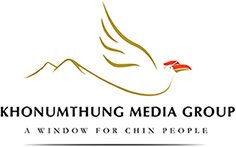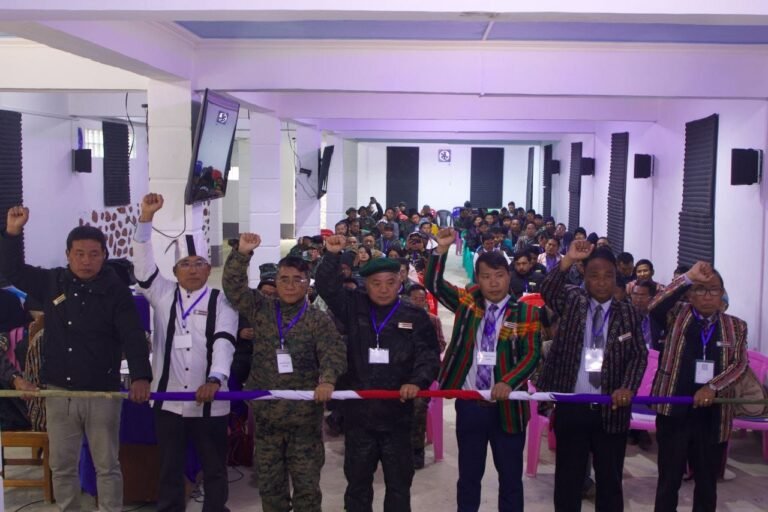The Chinland government and parliament have announced their 100-day plan after resistance forces and former lawmakers assembled the new administration for Chin State.
Eleven of the government’s 14 ministers, including its chief prime minister and advocate general, sat down together for their first official meeting in early February.’
Dr Sui Khar, the government’s foreign minister, remarked that although they aren’t at full capacity, with some ministerial positions yet to be filled, the 100 days plan was a priority.
After this, the next stage is to implement its executive mechanism and rule of law in Chin State, he explained, and then the government will introduce education and health departments for the entire state.
All of this will be done by launching surveys to assess the needs of the people to draw up efficient policies.
Sui Khar said that education, healthcare, humanitarian relief and rehabilitation, support for civil societies against the coup, as well as maintaining discussions with non-governmental groups both domestically and internationally, are vital. They will cooperate closely with the National Unity Government, its Committee Representing Pyidaungsu Hluttaw, and other interim governments in other states that have been recently formed by resistance groups and regions, as well as with the United Nations.
“We have a policy to appoint CDMers in the respective departments. The Chinland Council set up this policy and our Chinland government will implement it.”
CDMers refers to many people from different sectors who have been actively resisting against the military coup.
Paul, secretary of the Chinland Council, told Khonumthung News, “After we form three branches of power, each of these branches will start implementation of its tasks. For administration, there will be a two-tiered government such as the Chinland government and regional governments. For legislative matters, the Chinland Parliament will debate and approve draft laws put forth by the regional governments.”
The Chinland government was formed with former MPs from 6 townships and representatives of 14 Chinland Defence Forces, including regional and township levels.


